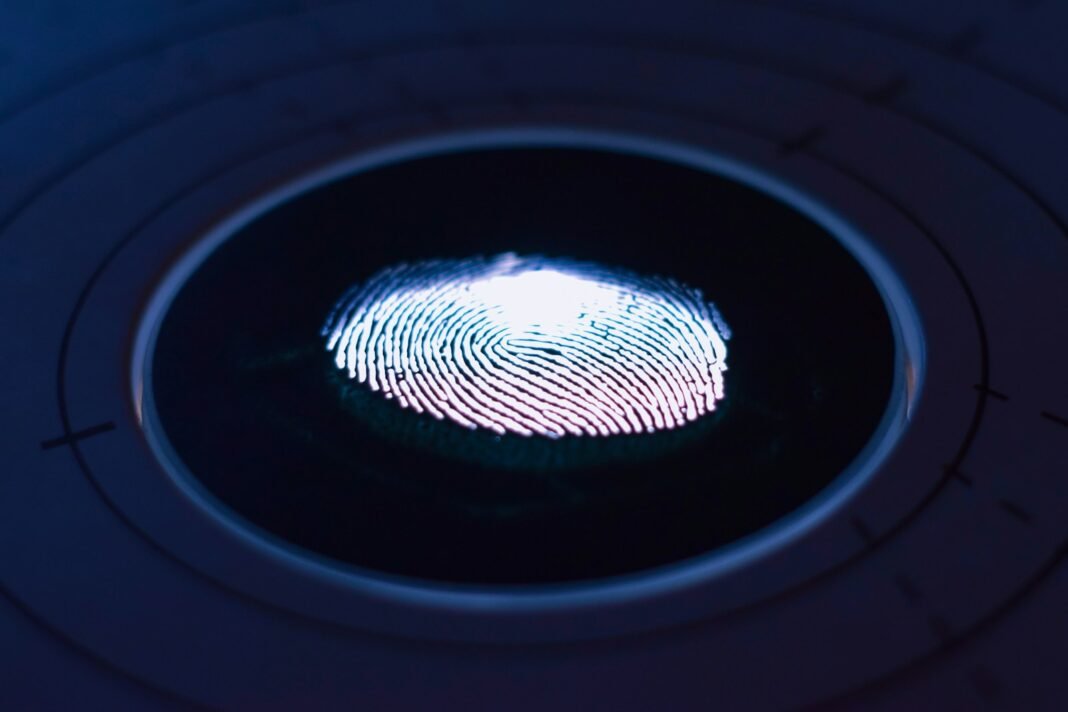When most people hear “blockchain,” they immediately think of Bitcoin and other cryptocurrencies. But the potential of this revolutionary technology extends far beyond digital money. Across industries worldwide, innovative blockchain use cases are solving real problems, creating efficiencies, and transforming how we handle data and transactions. Let’s explore the most impactful real-world blockchain applications that have nothing to do with crypto.
Supply Chain Revolution: From Farm to Table
One of the most promising blockchain use cases lies in supply chain management. Major corporations are using blockchain to bring unprecedented transparency to product journeys. Imagine scanning a grocery item and seeing its complete history, where ingredients were sourced, factory conditions, shipping routes, and storage temperatures.
Food companies employ blockchain to track produce from farm to supermarket. When contamination outbreaks occur, they can identify affected batches in minutes rather than days, potentially saving lives. Luxury brands use similar systems to verify authenticity, combating counterfeit goods that cost businesses billions annually.
The technology creates an immutable record at each supply chain step, allowing all parties, manufacturers, shippers, retailers to access the same verified information without relying on a central authority.
Healthcare: Securing Your Medical History
The healthcare industry has embraced real-world blockchain solutions to solve critical problems. Patient records scattered across hospitals, clinics, and pharmacies create inefficiencies and risks. Blockchain enables secure, unified medical records that patients control and share as needed.
Clinical trials benefit from blockchain’s tamper-proof record-keeping. Researchers can ensure trial data integrity while maintaining participant privacy. Pharmaceutical companies track drugs through distribution chains to prevent counterfeit medicines from reaching patients.
Some hospitals now store credentials for medical staff on blockchain, instantly verifying qualifications and work history while reducing administrative burdens. This application alone saves significant time and resources in the healthcare system.
Digital Identity: Taking Back Control
In our increasingly online world, identity verification has become both crucial and problematic. Traditional systems leave personal data vulnerable to breaches. Blockchain offers a revolutionary approach to digital identity management.
Individuals can create self-sovereign identities stored on blockchain, verified credentials that don’t rely on centralized databases. You might prove your age to a website without revealing your birthdate or show your professional qualifications without exposing your entire resume.
Governments in several countries are piloting blockchain-based national ID systems. Refugees without documentation have used blockchain IDs to access services. The potential to give individuals control over their data while reducing identity fraud makes this one of the most socially impactful blockchain use cases.
Voting Systems: Restoring Trust in Democracy
Election integrity concerns have fueled interest in real-world blockchain voting solutions. While fully digital elections remain controversial, blockchain offers tools to enhance traditional voting systems.
Pilot projects have demonstrated how blockchain can provide secure, verifiable voting while maintaining voter anonymity. Each vote becomes a tamper-proof transaction, and the public ledger allows anyone to verify totals without seeing individual votes.
Some organizations already use blockchain for internal elections and shareholder voting. As the technology matures, we may see hybrid systems where blockchain verifies paper ballots or enables secure absentee voting for citizens abroad.
Real Estate: Simplifying Property Transactions
The property market suffers from paperwork burdens, title disputes, and slow transactions. Blockchain streamlines this process through smart contracts that automatically execute when conditions are met.
Digital property titles on blockchain prevent fraud and simplify transfers. Prospective buyers can instantly verify ownership history, liens, and property details. Smart contracts enable “programmable” real estate, properties that automatically pay dividends to investors or manage rental agreements.
Some progressive cities have begun putting land registries on blockchain, reducing bureaucracy and corruption opportunities. Fractional property ownership through blockchain tokens is creating new investment opportunities in high-value real estate.
Intellectual Property: Protecting Creators
Artists, musicians, and writers struggle with piracy and proper compensation in the digital age. Blockchain provides tools to prove ownership and automate royalty payments.
Digital artwork can include blockchain-based certificates of authenticity. Smart contracts ensure musicians receive payments instantly when their songs are played. Writers can timestamp their work on blockchain to establish copyright without expensive legal processes.
Some platforms now allow creators to embed royalty structures directly into their digital works, ensuring they earn from secondary sales, a revolutionary concept for creative industries.

Energy Trading: Peer-to-Peer Power
The energy sector has developed fascinating blockchain use cases in renewable energy distribution. Microgrids allow homeowners with solar panels to sell excess energy directly to neighbors through blockchain platforms.
These systems automatically meter energy production and consumption, settling payments in real time through smart contracts. The approach promotes renewable energy use while creating local energy markets that bypass traditional utility companies.
Large-scale energy certificate trading also benefits from blockchain’s transparency. Companies can reliably track renewable energy purchases and carbon offset transactions without double-counting or fraud.
Education: Verifiable Credentials
Diploma fraud costs employers billions annually. Blockchain solutions allow schools and universities to issue tamper-proof digital credentials that students own forever.
Employers can instantly verify qualifications without contacting institutions. Professionals moving between countries benefit from portable, verified education records. Lifelong learners can maintain comprehensive records of courses, certifications, and competencies from multiple providers.
Some education systems now store student performance data on blockchain, creating secure, portable records that follow learners throughout their academic journeys.
Charity and Aid: Ensuring Funds Reach Their Destination
Donors rightly worry about how charities use their contributions. Blockchain brings transparency to philanthropy by tracking donations from wallet to end use.
Aid organizations use blockchain to distribute assistance directly to recipients in crisis zones, reducing bureaucracy and corruption. Smart contracts can release funds only when predefined conditions are met, ensuring proper use.
Some charities now accept cryptocurrency donations through transparent blockchain systems where donors can track exactly how their funds are spent, building trust and potentially increasing contributions.
Legal Industry: Smart Contracts Replace Paperwork
Law firms and courts are exploring real-world blockchain applications to streamline legal processes. Smart contracts automatically execute agreements when conditions are met, reducing disputes and enforcement costs.
Legal documents can be notarized on blockchain with immutable timestamps. Court systems experiment with blockchain for storing evidence chains of custody. Intellectual property disputes benefit from blockchain’s ability to prove exact creation dates.
Some jurisdictions now recognize blockchain records as legally valid evidence, paving the way for broader adoption in legal processes.
The Future of Blockchain Applications
These blockchain use cases represent just the beginning. As the technology matures, we’ll see more hybrid systems combining blockchain’s strengths with other technologies. Key areas to watch include:
- Combating deepfakes through media authentication
- Managing Internet of Things (IoT) device networks
- Securing critical infrastructure systems
- Creating decentralized social media platforms
- Developing new models for data privacy
The common thread across all these real-world blockchain applications is the technology’s ability to create trust in digital systems. By providing secure, transparent, and tamper-proof records without centralized control, blockchain solves fundamental problems in our increasingly digital world.
While challenges remain, including scalability, energy use, and regulatory frameworks, the diversity of current implementations proves that blockchain’s potential extends far beyond its cryptocurrency origins. The most impactful applications may be those we haven’t yet imagined, as creative minds continue finding new ways to apply this transformative technology to real-world problems.

